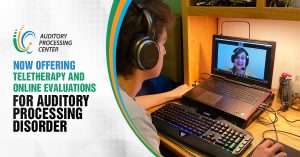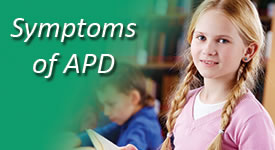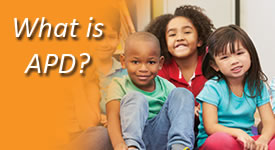Want to speak with us right away?
We offer a free 10-minute consultation to help you briefly discuss your concerns and determine the best next steps.
Call (601) 488-4189 during office hours for the quickest response.
You may also email info@auditorycenter.com, though email replies may take longer.
If you are seeking a detailed record review, in-depth guidance, or a written consultation report with personalized recommendations, please ask about our comprehensive paid consultation services.




